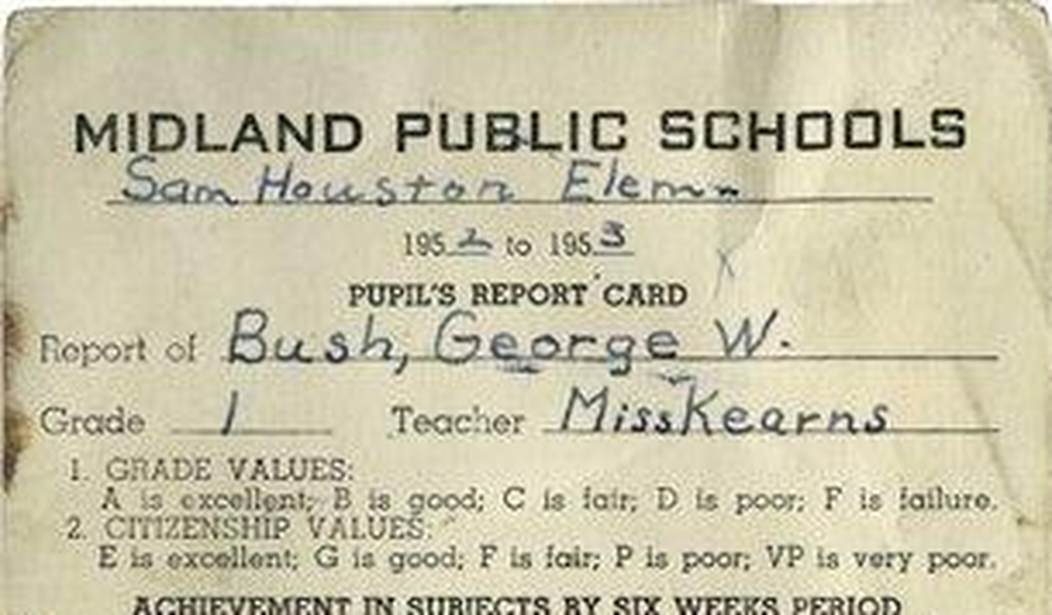Concerns over the proliferation of “fake news” on the internet have pushed the Illinois State Department of Education to introduce some new course material for high school students next year. The children will all be taught ways to identify “suspicious” news sources online and better distinguish what’s real from what’s fiction or propaganda. The state will be working with Joel Breakstone of the Stanford History Education Group in this effort. Given the number of wild stories that wind up making the rounds on social media these days, that doesn’t sound like a bad idea, at least in theory. But as we’ll discuss in a moment, there are some obvious pitfalls in front of them. (NPR)
Illinois will require news literacy courses at every high school. The hope is that the classes will provide the next generation with tools to maneuver the internet’s misinformation minefield…
Under the new curriculum, Illinois students will analyze news content across platforms. Breakstone’s groups spent the last year working with ninth-graders at a suburban Chicago high school, integrating news literacy into subjects like geography and biology. It found that what helped students distinguish misinformation the most is something called lateral reading. That can be as simple as opening a new tab and leaving the post to find more about the source of information.
It appears to be effective. Students reportedly got a lot better at spotting questionable sources. But this effort takes time and practice. Students say they often didn’t see why, for example, a company writing about climate change receiving funding from the fossil fuel industry could skew the story. Many assume that if a social media influencer has tons of followers, it means they’re trustworthy.
The major issue I have with the idea of teaching kids how to spot fake news online as opposed to the normal curriculum of courses they need to learn is that there will always be someone taking the responsibility for determining which news is fake and which is real. There’s also a distinct line between news and opinion which is frequently blurred.
The NPR interview features a story about a group of more than three thousand students who were shown a Facebook video of people stuffing ballots. The person posting the video claimed that it came from the 2016 American presidential primaries. The guests go on to say that only three of the students were able to determine that the video was actually shot in Russia.
I suppose that’s a fair enough example and things like that really do pop up on social media. Heck, I’ve fallen for a few hoaxes myself. But not everything that winds up getting labeled as fake news is actually fake. In fact, sometimes it turns out to be the exact opposite of what the fact-checkers claim. Do you remember when Twitter was canceling the accounts of anyone who tweeted something about how the origin of the novel coronavirus might have been a laboratory in Wuhan? How did that work out for them? They’ve also been blocking tweets from people making the outrageous claim that humanity is composed of two genders, both of which are required for natural reproduction. (Crazy talk, right?)
Do you really want people associated with the teacher’s unions deciding for students which news is fake and which is real or what resources should be “trusted” in such instances? We’ve seen far too many instances where the fact-checkers at the Washington Post have substituted opinions for facts and treated them as interchangeable variables.
None of this is to say that children couldn’t use some guidance or that everything you see on Facebook is real. But none of this is as simple as pointing them to alternate sources. In the excerpt above, NPR offers the example of a company that “receives funding from the fossil fuel industry” writing about climate change. Regardless of what you hear from our betters in the liberal media, the jury is still out on the specifics of climate change, but students will obviously be groomed to believe that anyone or anything associated with the oil and gas industry is inherently evil.
Is this program in Illinois an example of “news literacy” or is it just more liberal indoctrination? You be the judge.








Join the conversation as a VIP Member